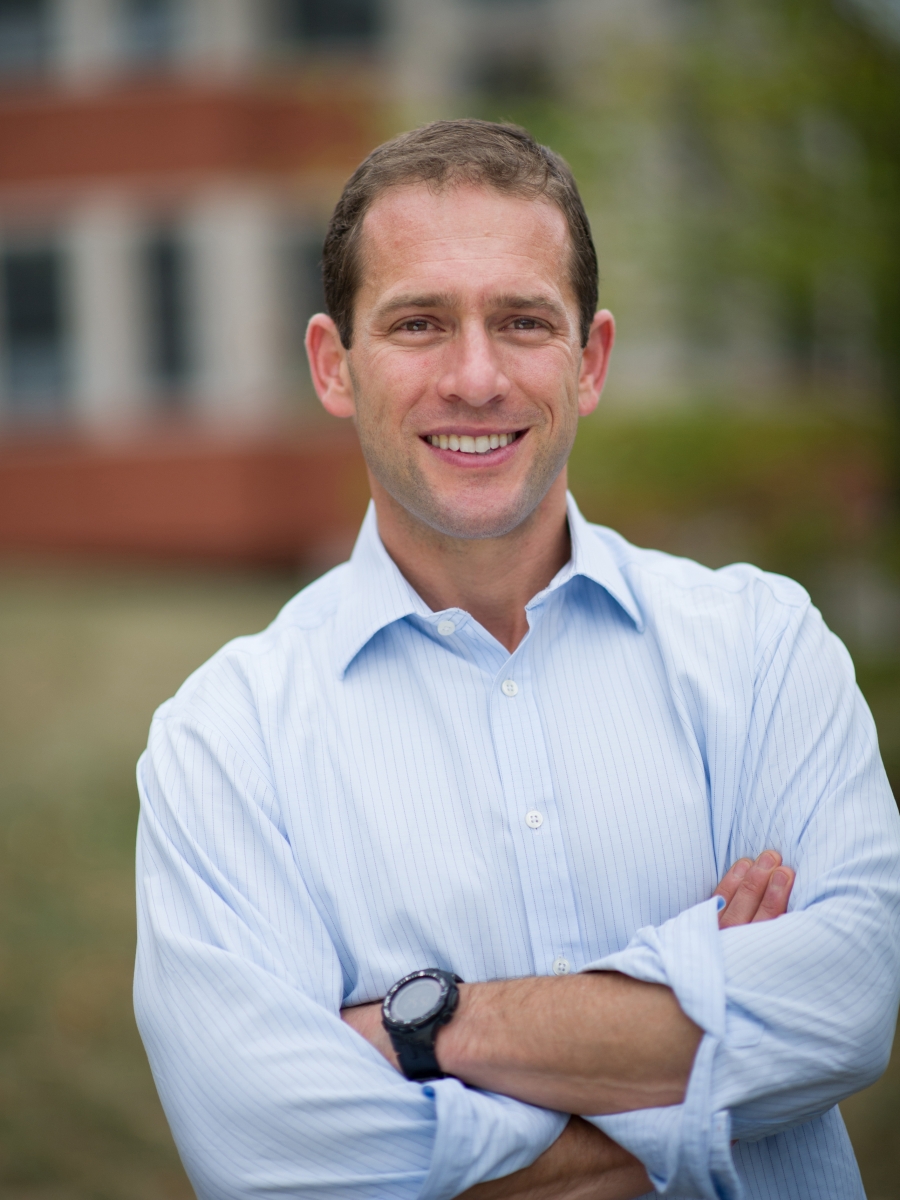France has experienced three major terrorist attacks in the past 19 months. The most recent attack, which occurred July 14 on Bastille Day, resulted in 84 deaths.
Mohamed Lahouaiej Bouhlel, the 31-year-old Tunisian immigrant who committed the attack, planned his assault over several months with the help of at least five people, according to Paris prosecutor François Molins.
The French government has responded by extending a state of emergency for another three months beyond July 26 and is investigating whether the attacker had ties to the Islamic State of Iraq and Syria (ISIS). While ISIS claimed responsibility for last week’s attack, there has been no evidence to support contact between Bouhlel and his accomplices and ISIS.
Below, Jacob Shapiro, professor of politics and international affairs at Princeton University’s Woodrow Wilson School of Public and International Affairs and director of the Empirical Studies of Conflict project, comments on the recent attacks and the future of ISIS for WWS Reacts. Shapiro studies political violence, economic and political development in conflict zones, security policy and urban conflict.
Q. How would you evaluate the French government’s response to increasing terrorist attacks?

Shapiro: So far it seems quite measured and reasonable. Extending the state of emergency provides them with the flexibility to deal with a clearly heightened risk environment but contains a time limit to allow reconsideration once the immediate sense of risk is past. The French have been through waves of terrorism before and responded similarly.
Q. Do you think this attack could have been avoided, and if so, how?
Shapiro: Certainly. Physical barriers could have been put in place to prevent vehicle access to the promenade on a date when large crowds were expected. In general, I would expect more aggressive measures to segregate vehicular traffic from large crowds in the future.
Q. Is there an appropriate policy response here?
Shapiro: In general, I think the appropriate policy response should be two-fold. First, intelligence and law enforcement resources should be somewhat increased to deal with the likely blowback as ISIS responds to defeat in Iraq and Syria with greater efforts to encourage attacks abroad. Second, ostentatious generosity to refugees should become an avowed policy. The goal would be to show potential terrorists and their supporting populations exactly how much stronger and more just our societies are than what they have been told. That would reduce recruitment and increase the probability that someone would share word of what has happened.
Q. Do you expect these isolated attacks to become more common?
Shapiro: I do, at least in the near term. These attacks have a social dynamic in which each attack makes it that much easier for the next one to occur. But over the longer term, the obvious resilience of the targeted societies will make these attacks seem quixotic, and the population of potential attackers will dry up, leading to a drop to the historical norm. Many groups have historically tried to sustain a terrorist campaign by inciting isolated attacks; none have succeeded in provoking more than a small number of such attacks. I do not expect the current wave to be different.
Q. Does ISIS have the economic power to sustain itself?
Shapiro: Again, over the short term it can survive, but over the longer term it is doomed, first as a territory-holding entity and eventually as an idea. No state, and that is what it strives to be, can fight a three-front conventional war on a sclerotic, inefficient economy. All signs point to economic weakness in ISIS territory, and the group has been slowly losing territory for some time now. Nothing makes me think this trend is likely to reverse.
WWS Reacts is a series of interviews with Woodrow Wilson School experts addressing current events.

